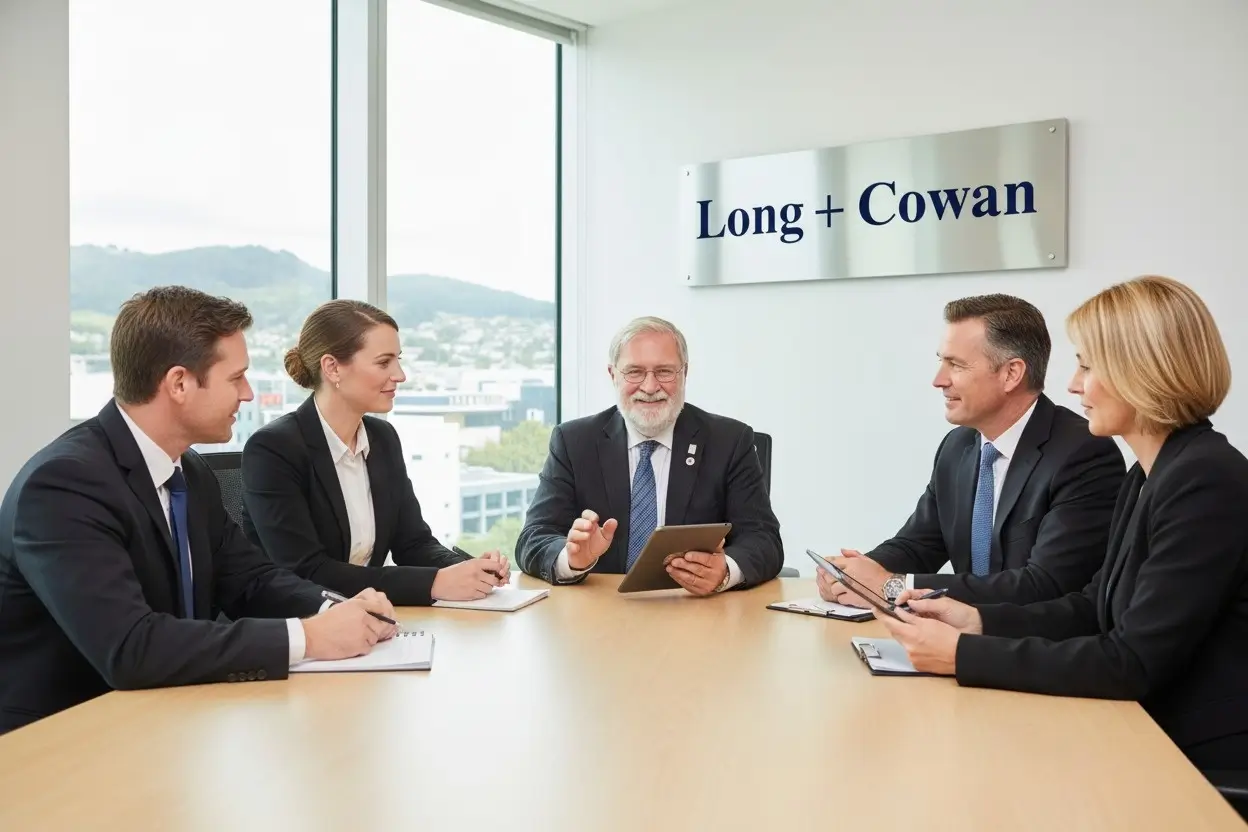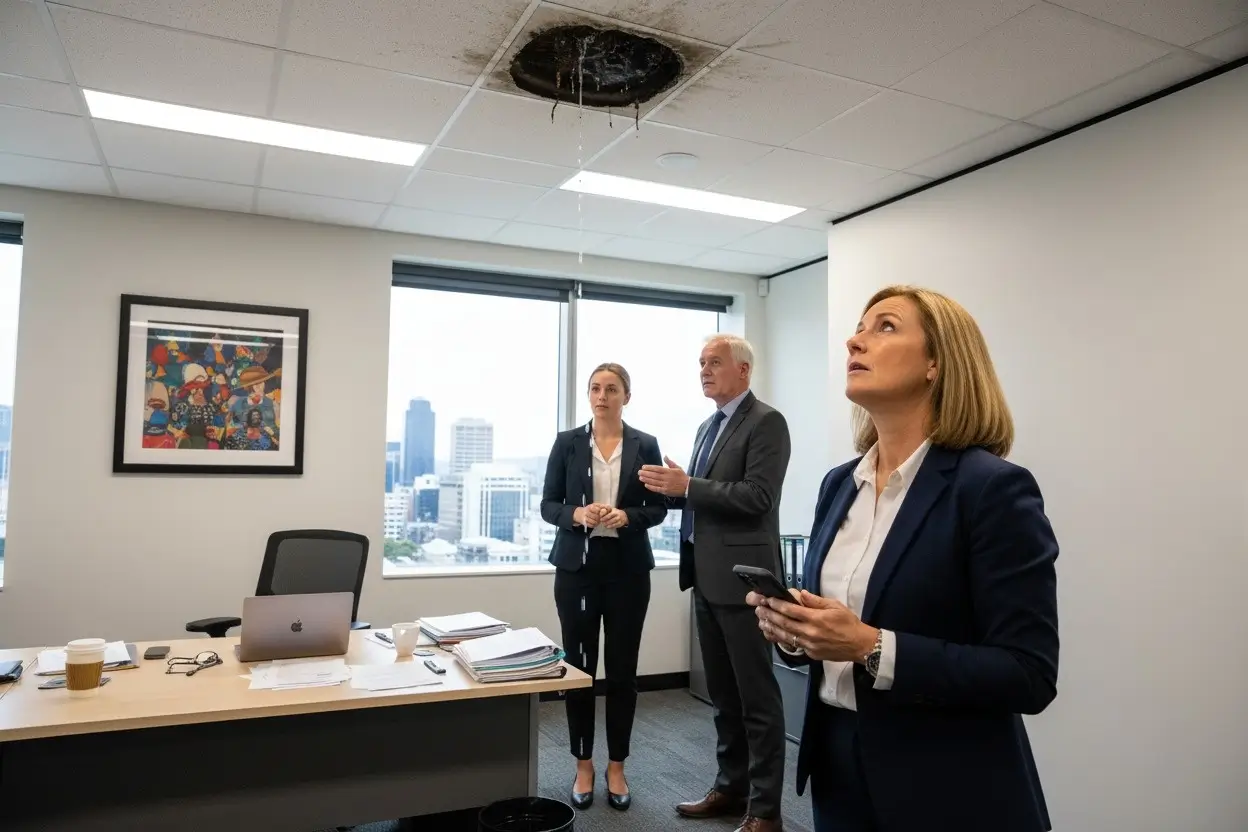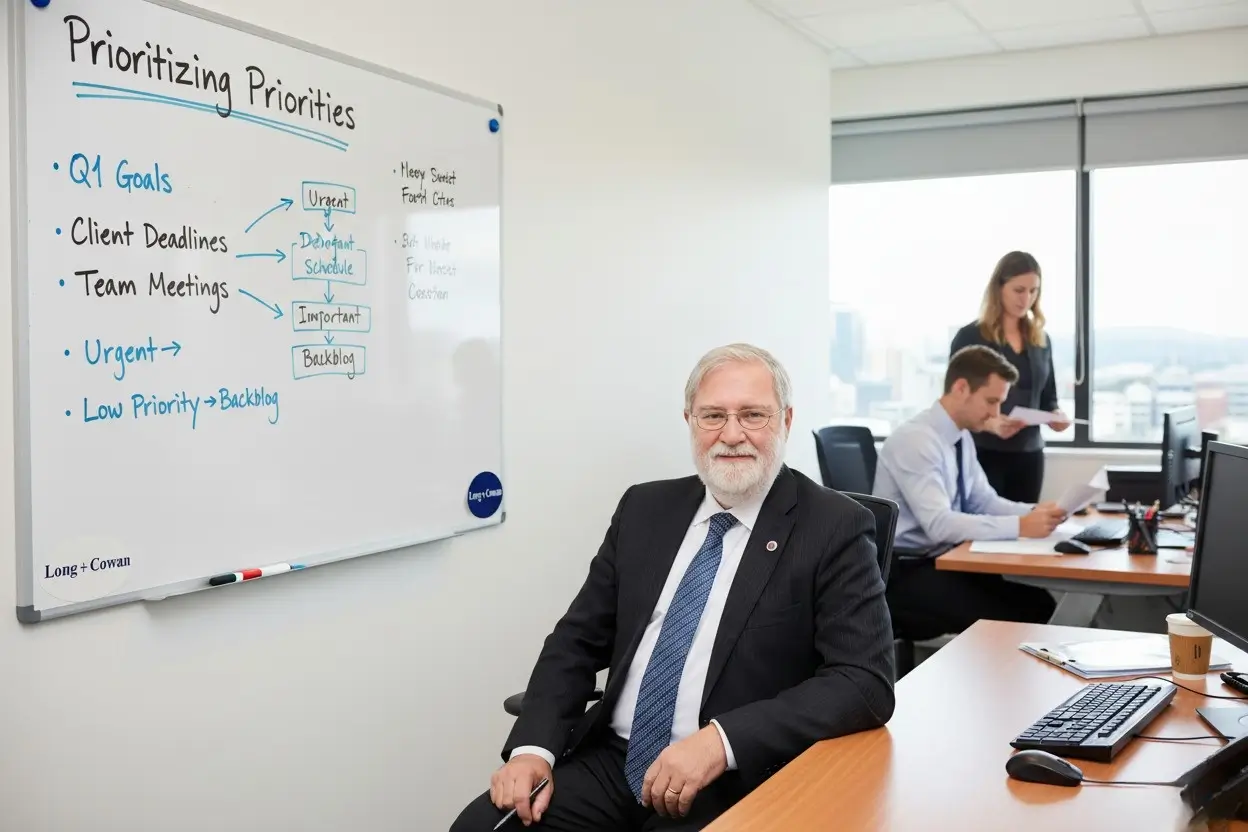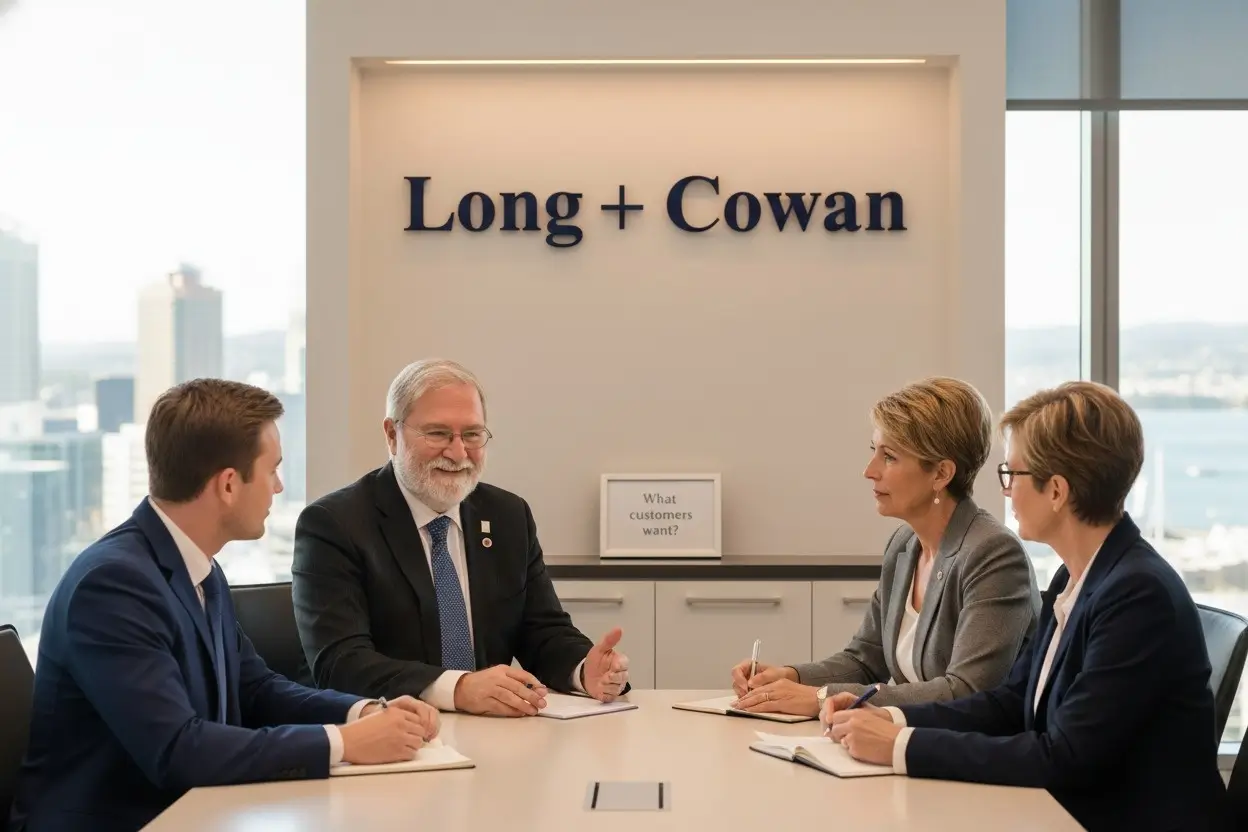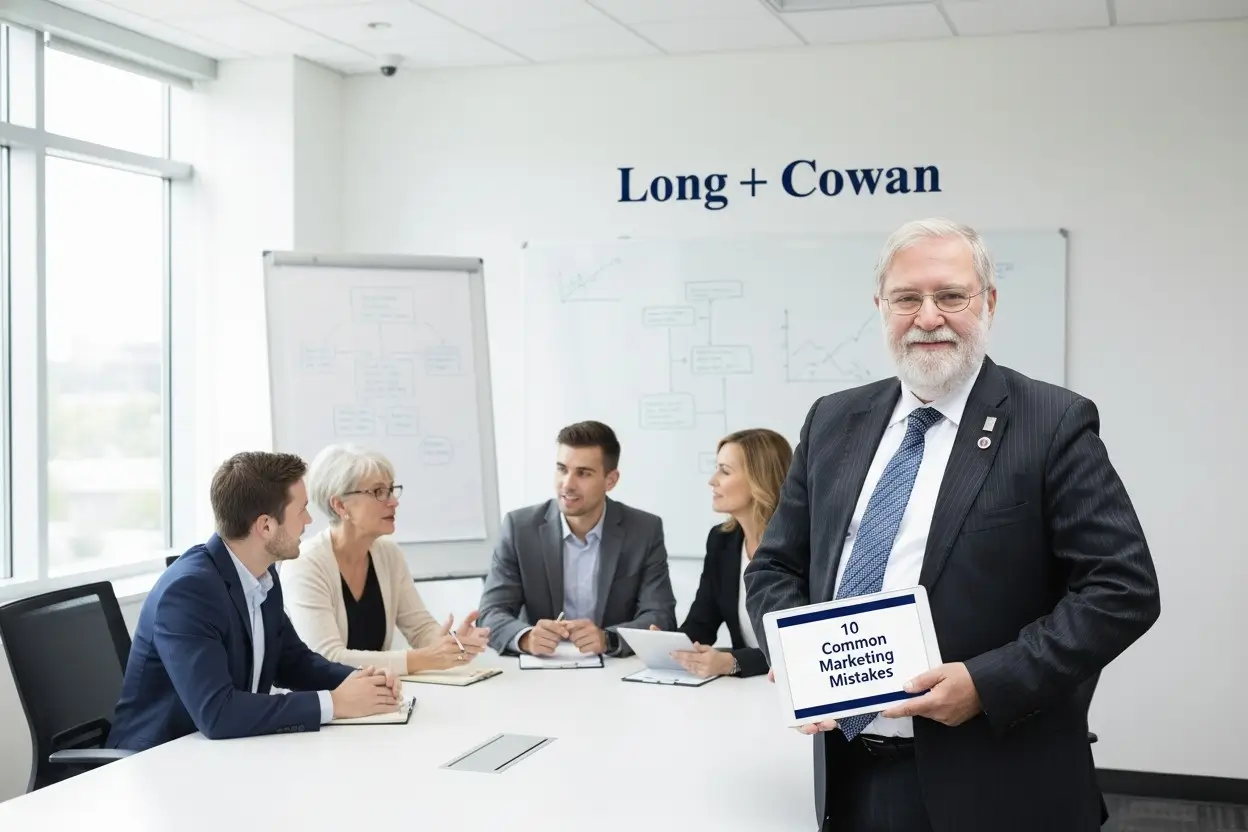Strong effective delegation separates busy managers from strategic leaders. Delegating well allows business owners to focus on growth, innovation, and decision-making rather than daily operational detail. At Long + Cowan, we see Wellington firms perform best when leaders share responsibility intelligently and trust their teams to deliver.
Delegation is not about offloading unwanted work; it is about assigning the right tasks to the right people with the right support. When done correctly, it builds capability, strengthens confidence, and enhances efficiency throughout the business.
Overcoming the Fear of Letting Go
Many business owners hesitate to delegate because they fear loss of control or worry tasks will not meet their standards. This mindset limits progress. Learning to trust others is the first step toward scalability and improved time management.
Start small. Delegate routine or repetitive tasks first, then progress to more complex responsibilities as confidence builds. Provide clear expectations, monitor results initially, and recognise good performance. Over time, trust grows as competence develops.
Choosing the Right Tasks to Delegate
Not every task should be delegated. The key is identifying which activities require your expertise and which can be handled by others. Tasks that are time-consuming but not strategic often make ideal candidates for delegation.
Examples include administrative duties, payroll processing, data entry, or client scheduling. Delegating these frees leaders to concentrate on planning, forecasting, and relationship management, work that drives long-term business value.
Selecting the Right People for the Job
Delegation works best when tasks match individual strengths. Assess staff skills, experience, and motivation before assigning responsibility. People are more successful when the task suits their abilities and interests.
If an employee needs development, delegation can become a learning opportunity. Provide the resources, training, and authority necessary for them to succeed. Balancing challenge with achievable goals keeps motivation high and builds capability within your team.
Setting Clear Expectations
Ambiguity is the enemy of delegation. Before transferring responsibility, explain the purpose of the task, the desired outcome, and any relevant deadlines or standards. Document expectations to avoid miscommunication.
Hold a short discussion to confirm understanding. Encourage staff to repeat key points back to ensure clarity. When everyone knows exactly what success looks like, results improve and accountability becomes natural.
Providing Authority Alongside Responsibility
Delegation fails when employees are held accountable for results without having the authority to act. Empower staff to make decisions within defined boundaries. This autonomy builds confidence and speeds execution.
Define limits clearly, stating what decisions they can make independently and when to escalate issues. Empowerment encourages initiative, while structure maintains control. Balanced freedom ensures efficiency without risk.
Maintaining Communication Without Micromanaging
Regular communication keeps projects on track, but overinvolvement can stifle creativity. Agree on check-in points that allow updates without constant supervision. Weekly summaries or short progress reports work well for most Wellington teams.
Ask open-ended questions such as “What’s working well?” or “What challenges have you encountered?” These prompt constructive discussion without implying mistrust. Leadership means guiding, not controlling.
Offering Constructive Feedback
Feedback transforms delegation into growth. Acknowledge good work promptly, and discuss improvements positively. Constructive feedback motivates staff to refine their skills rather than fear mistakes.
When results fall short, focus on solutions rather than blame. Identify what can be adjusted next time and provide resources for improvement. Encouragement builds engagement and loyalty, strengthening future performance.
Balancing Supervision and Autonomy
Striking the right balance between oversight and independence takes practice. Too little guidance causes confusion; too much creates dependency. Adjust involvement based on task complexity and staff experience.
For new employees or high-risk assignments, closer supervision may be appropriate. As confidence grows, reduce monitoring. Over time, your team will become more self-sufficient and reliable, reducing managerial workload.
Recognising Achievements and Sharing Credit
Recognition reinforces desired behaviour. When staff complete delegated work successfully, celebrate it publicly. Acknowledging contributions builds morale and encourages others to take on responsibility.
Sharing credit also strengthens teamwork. Successful leaders highlight group achievement rather than individual authority. A culture of recognition makes delegation part of how your business operates, not an occasional tactic.
Using Delegation to Develop Future Leaders
Delegation is a powerful development tool. Assigning responsibility for projects or client accounts helps identify emerging leaders within your organisation. It also prepares your business for succession by building depth of skill and confidence across the team.
At Long + Cowan, we encourage Wellington businesses to treat delegation as leadership training. When staff handle responsibility well, you not only increase capacity but also strengthen business continuity.
Leveraging Technology to Support Delegation
Digital tools make delegation easier to track. Shared task lists, project management platforms, and cloud accounting systems ensure transparency and accountability. Everyone can see progress and deadlines in real time.
For example, using software such as Xero or Microsoft Planner allows teams to collaborate efficiently without constant meetings. Technology streamlines communication and helps measure progress against expectations.
Avoiding Common Delegation Mistakes
Several pitfalls can undermine effective delegation. Avoid assigning work without sufficient context, failing to provide feedback, or reclaiming responsibility at the first sign of difficulty. These behaviours discourage initiative and reduce trust.
Delegation should empower, not punish. If errors occur, treat them as learning experiences. Adjust processes and continue delegating. Building capability takes patience, but the long-term rewards justify the effort.
Reviewing and Refining the Process
Delegation is not a one-time event; it is an evolving management skill. Review outcomes regularly. What worked well? Where could communication improve? Reflection ensures continuous progress.
Invite feedback from your team. Ask whether they felt supported, trusted, and equipped. Two-way dialogue strengthens mutual understanding and fine-tunes the delegation process for future tasks.
Applying Delegation Principles Across Wellington Businesses
Across Wellington Central, Thorndon, and Johnsonville, local businesses are learning that smart delegation is vital for sustainable growth. Structured effective delegation builds efficiency, strengthens staff engagement, and allows leaders to focus on strategy rather than administration.
Businesses that delegate with purpose create stronger teams and deliver higher-quality service. Trust and accountability become standard, improving both morale and profitability.
Partnering for Business Efficiency
Long + Cowan works with Wellington businesses to streamline management systems and improve workflow efficiency. We help clients identify opportunities to delegate, automate, and restructure tasks to achieve better productivity and financial control.
For professional advice on improving delegation, leadership, and overall business performance, contact us for more info by filling in an enquiry form or e-mailing or calling us during office hours. When you delegate effectively, you multiply success.

